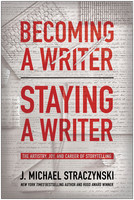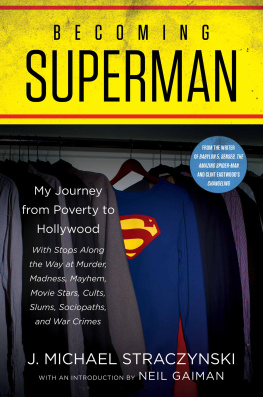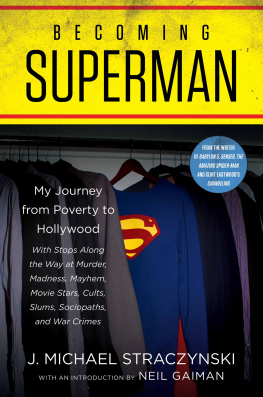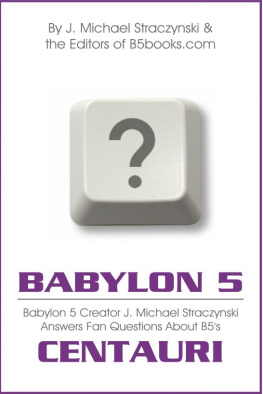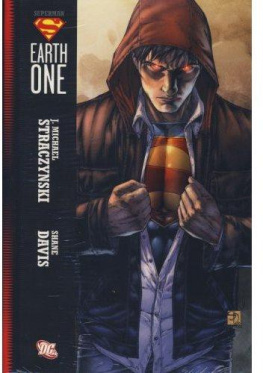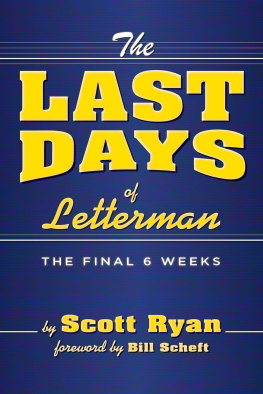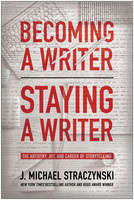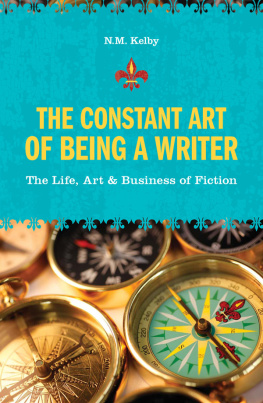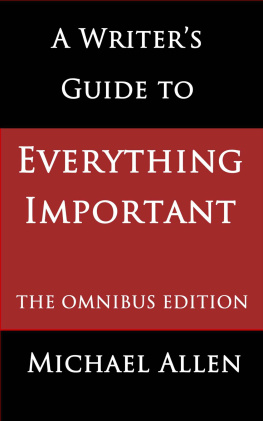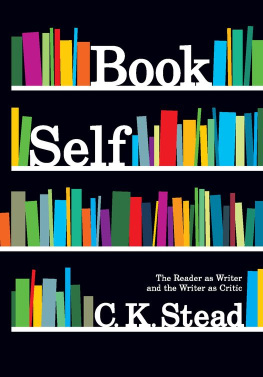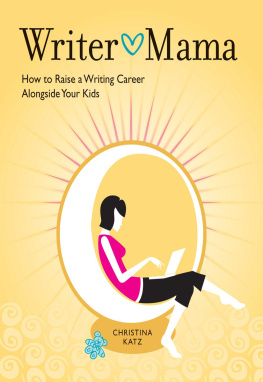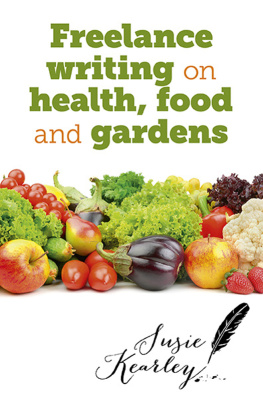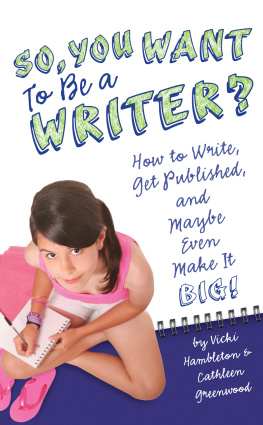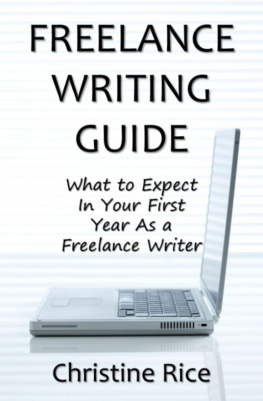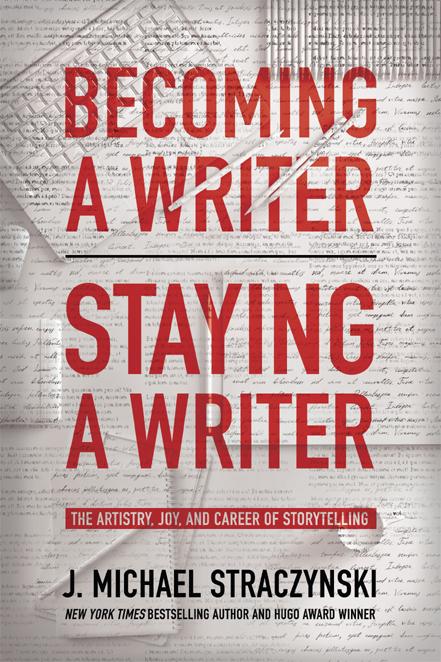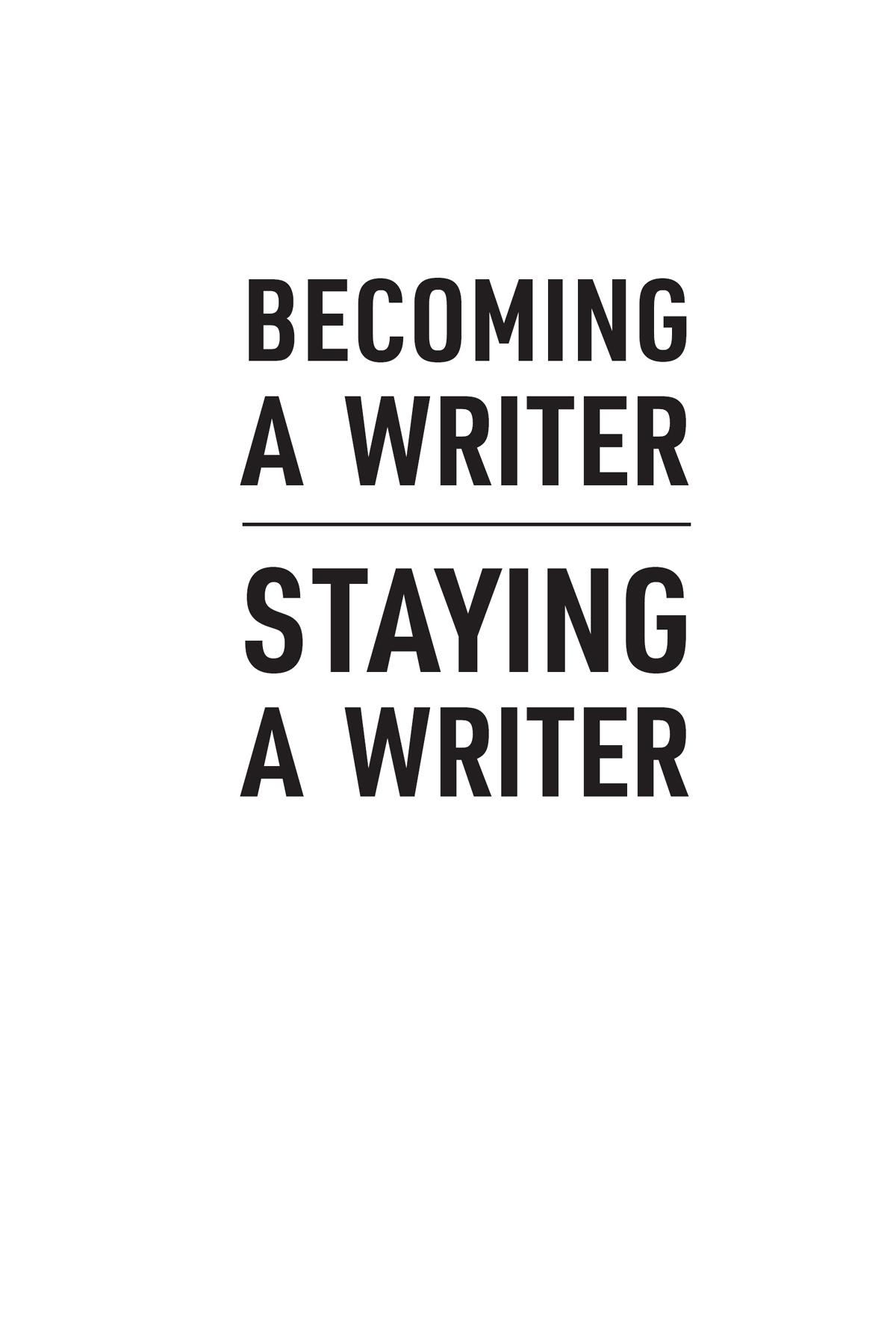
ALSO BY J. MICHAEL STRACZYNSKI
The Complete Book of Scriptwriting
Together We Will Go
Changeling
Babylon 5
Sense8
Rising Stars
Midnight Nation
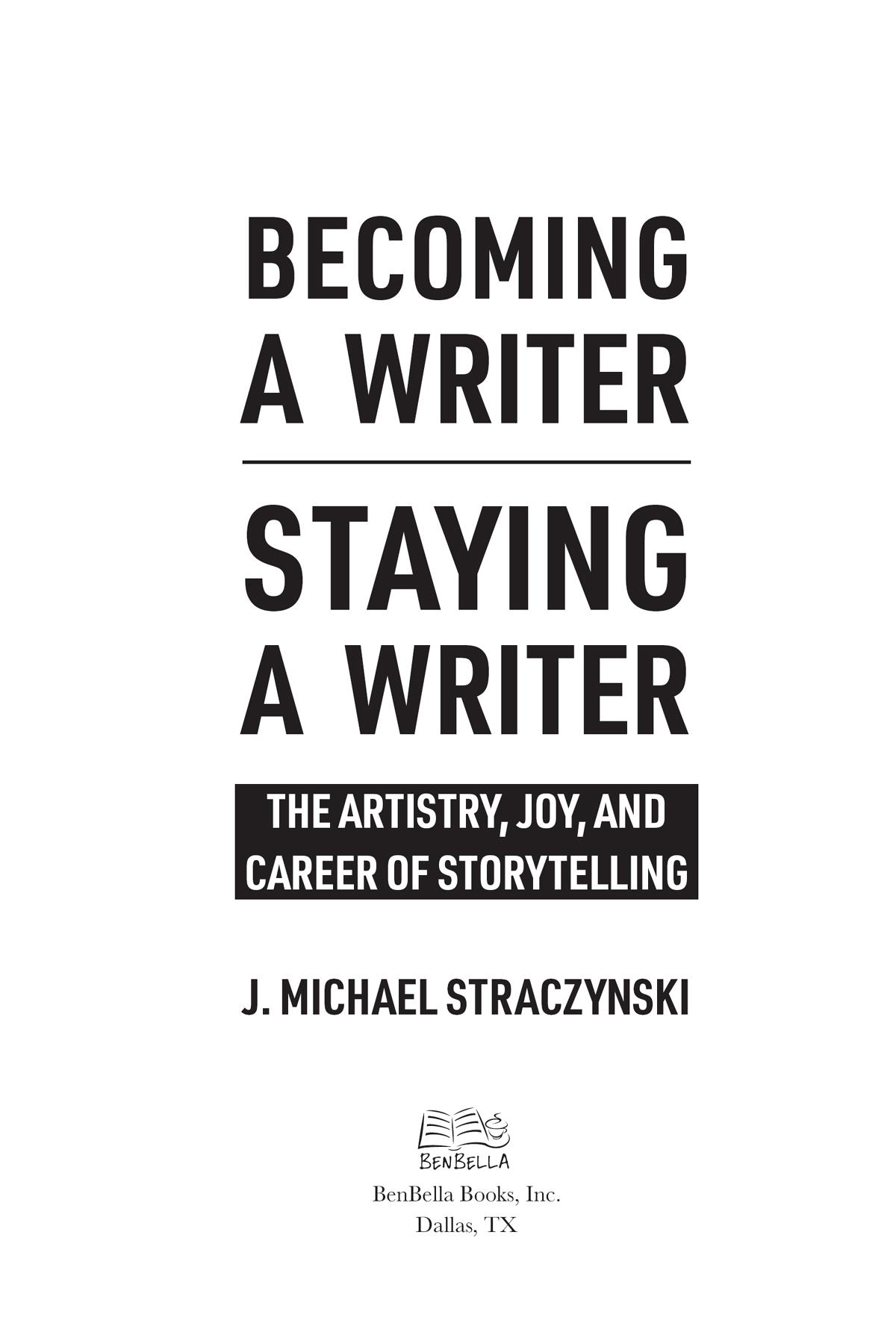
Becoming a Writer, Staying a Writer copyright 2021 by Synthetic Worlds, Ltd.
All rights reserved. No part of this book may be used or reproduced in any manner whatsoever without written permission of the publisher, except in the case of brief quotations embodied in critical articles or reviews.
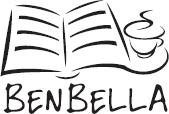
BenBella Books, Inc.
10440 N. Central Expressway
Suite 800
Dallas, TX 75231
benbellabooks.com
Send feedback to
BenBella is a federally registered trademark.
First E-Book Edition: June 2021
Library of Congress Cataloging-in-Publication Control Number: 2020049063
ISBN 9781950665884 (trade paper)
ISBN 9781953295309 (electronic)
Editing by Robb Pearlman
Copyediting by Michael Fedison
Proofreading by Jenny Bridges and Sarah Vostok
Text design and composition by Aaron Edmiston
Cover design by Kara Klontz
Cover image Shutterstock / Vector FX (text), Le Panda (handwriting), Archi_Viz (desktop)
Special discounts for bulk sales are available.
Please contact .
Dedicated
To you
Your words, your vision, your voice, your future
And the stories you will tell the world.
And to
Harlan and Susan Ellison
The former of whom left us on June 28, 2018
And the latter of whom left us
On August 3, 2020
Just as this manuscript was going to press.
If there are words in the dictionary to convey how greatly you are missed
I have not yet found them.
The trick is not becoming a writer. The trick is staying a writer.
Harlan Ellison
A s I write these words, I have been fortunate enough to make a living as a writer for over forty years. Ive written for newspapers, magazines, anthologies, book publishers, television networks, film studios, and comic companies. My work has found its way into tens of millions of hands worldwide, with the films alone generating over a billion dollars at the box office, and led to far more awards than I probably deserve.
Thats where I am now. But I began this process at the same point, and with the same disadvantage, as everyone else: I was utterly clueless about the process of becoming a writer. Was it a matter of going to the right schools and receiving the right training? Was it about a knack for making connections, or sociability, skills I lacked (and still lack) but which everyone insisted were necessary for pursuing my dreams as a writer? What would it take to get past the guardians at the gate?
Absent useful information, I did what many of those reading this have also done: I listened to advice from people who had never been writers themselves but seemed to know everything about it. The result was a tsunami of misinformation, urban legendry, and myths about writing that failed to intersect with reality at any two contiguous points. But I didnt know that at the time, so I kept running down one wrong path after another, like a man chasing a bus, red-faced and breathing fast, terrified of missing the next connection and getting left behind. As a result, the process of learning how to make a living as a writer took years longer than it should have taken, or would have taken, if Id known what I was doing.
The foregoing experience is not unique to me. Whenever I lecture about writing at workshops, commencement exercises, film schools, universities, and conventions, I spend much of that time correcting false narratives and helping new writers unlearn bad habits. I seek out these conversations because I believe that anyone who achieves success in the arts has a moral obligation to send the elevator down for the next person. I would not be where I am now if not for other writers who served as mentors or examples to study and emulate.
Writing in his anthology Skeleton Crew, Stephen King said, You dont (write) for money, or youre a monkey. You dont think of the bottom line, or youre a monkey. You dont think of it in terms of hourly wage, yearly wage, even lifetime wage, or youre a monkey. In the end you dont even do it for love, although it would be nice to think so. You do it because to not do it is suicide.
The reader who understands what King is talking about is the person for whom this volume is most intended. That being said, there are literally thousands of books about writing out there, so why add yet another to the pile? What makes this one worth anyones time?
For starters, this is not a creative writing textbook. It is intended for those who have already learned the baseline classroom fundamentals, such as: What is a plot? What is dialogue? How do you describe a character? What is the difference between active and passive grammar? How do you use sensory input to enrich narrative description? What are the five stages of a novel? What is the airspeed velocity of an unladen sparrow? (Okay, maybe not that last one.)
Becoming a Writer, Staying a Writer is aimed at writers looking for accurate, practical, and advanced information that cant be found inside the classroom or within the pages of baseline writing books: tips, tricks, and methodologies that are only acquired through years of work.
Writers need to hear different things at various stages of their careers, so the first part of this book is skewed toward beginning writers who need to know what not to do as much as what they should be doing, techniques and discussions about writing as a craft and a profession that will save them years of wasted effort. The second part leans toward writers who have achieved some measure of success and are eager to get to the next level, refresh their writing skills, or reinvent themselves in order to keep their careers vital and relevant. That being said, there is some overlap between the two parts as they provide information that can be useful to a writer at any stage of his or her development: how to strengthen ones craft and learn the steps needed to make a consistent living as a writer; how the Three Legged Stool Theory can help writers survive economic hardship; how to use the Prince from a Distant Land Scenario to refresh your career; the creative and financial necessity of Craft Rotation; and how to live with creative integrity, deal with notes, and collaborate with another writer, to list just a few examples.
There is one last point that separates this book from other writing texts. As noted in the Stephen King quote, for a true writer, to not write is suicide. But theres another side to this argument that is more about joy than heartbreak.
There is no drug more powerful, no high more profound, than when the story we are writing reveals itself in unexpected shades of color, meaning, and implication. At that moment the work becomes ecstatic and transformative, no longer a classroom or workshop assignment, but a thing of beauty, birthed in the realization that we can achieve great things when we get out of our own way and surrender to the story. Its only when we become transparent, allowing the work to flow through us like light, unimpeded by ego or the desire to control everything, that we finally understand that one does not

